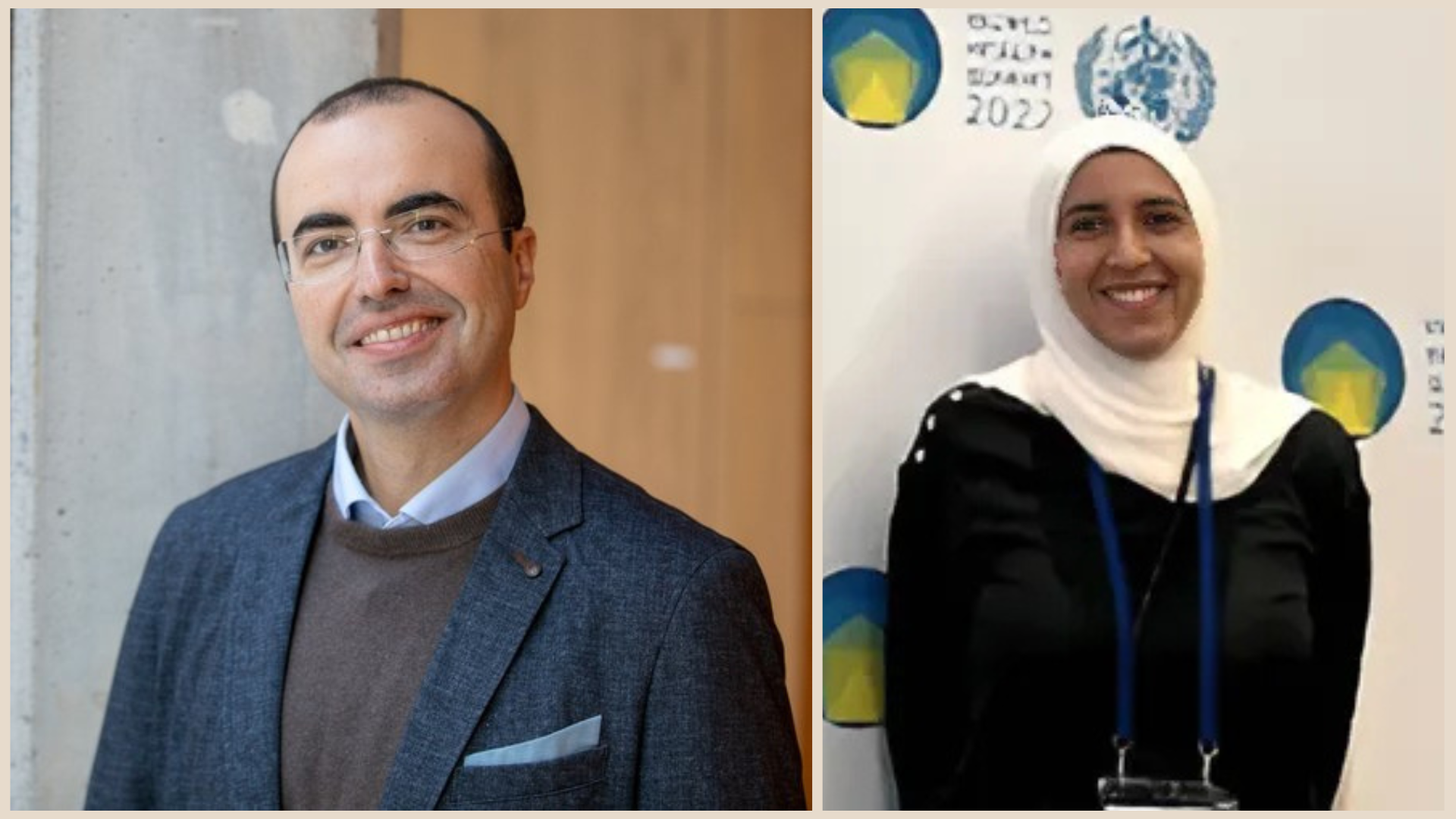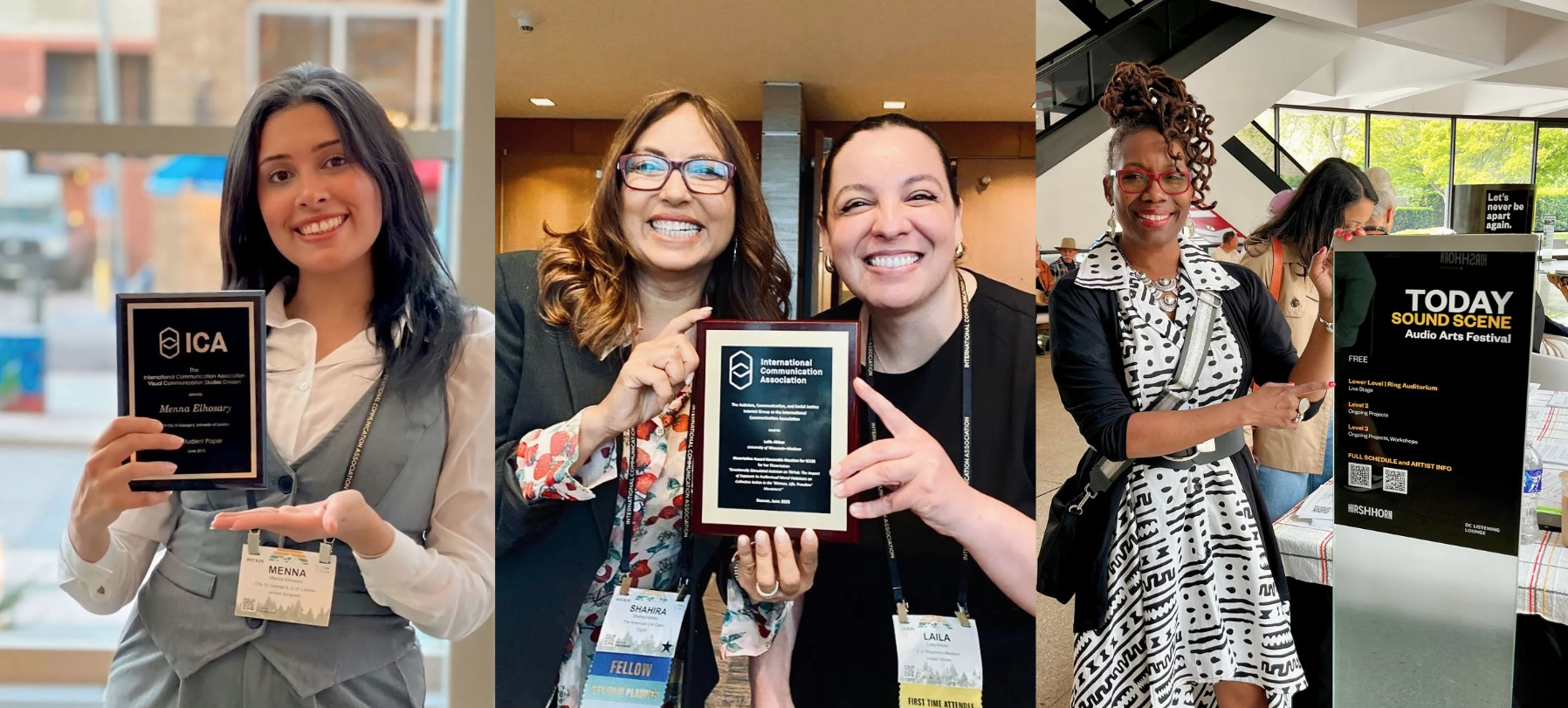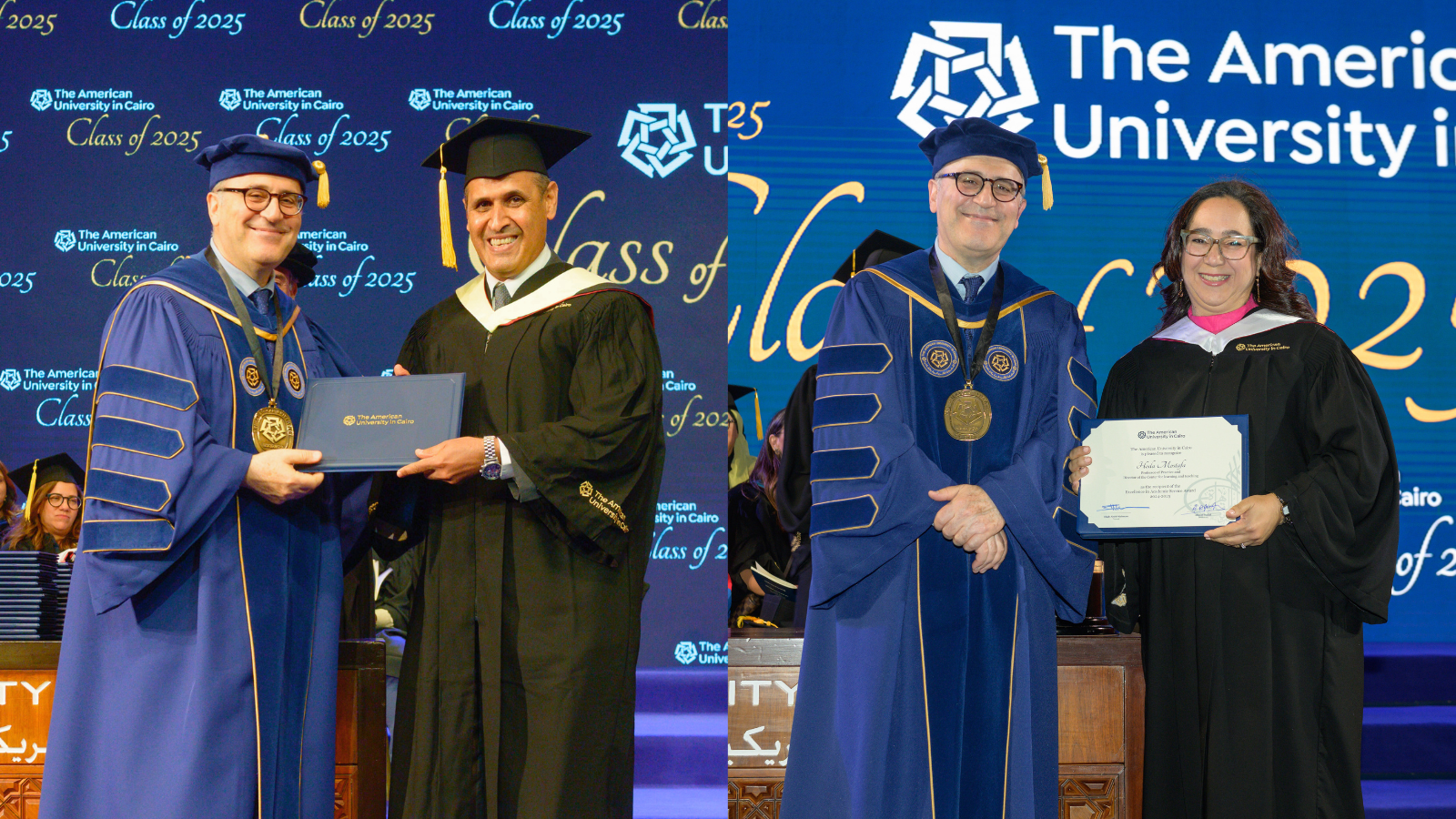Where you live — your exposome — can make you age several years faster, increasing the risk of cognitive and functional decline. Our environments and surroundings — including pollution, social inequality and weak democratic institutions — significantly accelerate aging.
These findings were part of an new multinational study published in Nature Medicine involving an AUC research team led by Mohamed Salama, professor at the University’s Institute of Global Health and Human Ecology, and Sara Moustafa (MSc ’16, PhD ’24), a postdoctoral fellow in AUC’s aging research group. The results present the first scientific evidence that combined living conditions beyond individual lifestyle affect aging.
Using advanced artificial intelligence and epidemiological modeling, the researchers analyzed environmental, social and political factors and their impact on brain aging, building on the impactful work conducted at AUC focusing on aging and brain health. “Our team at AUC has been successful in contributing to international research in this field, promising to better understand determinants of healthy aging in Egypt and adding to global knowledge,” said Salama.
The study involved 161,981 individuals across 40 countries and was led by a multinational team from Latin America, Africa, Europe, Asia and North America. “Diversity in research is not a luxury anymore,” said Salama, who is also a senior fellow at the Global Brain Health Institute (GBHI). “Including countries from Africa and the Middle East is essential to understanding the global risks and challenges for brain health.”
Our Exposome
The research introduces a global exposome framework and shows that multiple exposures can predict bio-behavioral age gaps (BBAGs), a novel measure of accelerated aging. BBAGs are the difference between a person’s actual age and the age predicted by their health, cognition, education, functionality and risk factors like cardiometabolic health or sensory impairments.
"Our team at AUC has been successful in contributing to international research in this field, promising to better understand determinants of healthy aging in Egypt and adding to global knowledge."
Agustin Ibanez, corresponding author of the study and a researcher at the GBHI and Latin American Brain Health Institute, noted that people need to stop thinking of brain health as a purely individual responsibility and consider a more ecological and neurosyndemic framework. “Our biological age reflects the world we live in,” he said. “Exposure to toxic air, political instability and inequality, of course, affect society, but also shapes our health.”
In an age of rising populism, environmental degradation and global displacement, the study emphasizes that understanding how environments affect brain aging is a scientific, political, ethical and health imperative. “This is not a metaphor,” said Hernan Hernandez, first author of the study. “Environmental and political conditions leave measurable fingerprints across 40 countries, revealing a clear gradient of accelerated aging from Africa to Latin America, Asia and Europe
What Affects Brain Health?
Several types of exposures were linked to faster aging: physical factors such as poor air quality; social factors, including migration as well as economic and gender inequality; in addition to sociopolitical factors, such as lack of political representation, limited party freedom, restricted voting rights, unfair elections and weak democracies. Higher BBAGs were also associated with real-world consequences: They predicted future declines in both cognitive abilities and daily functioning. People with larger age gaps were more likely to show significant losses in these areas over time.
"Diversity in research is not a luxury anymore. Including countries from Africa and the Middle East is essential to understanding the global risks and challenges for brain health.”
“Whether a person ages in a healthy or accelerated way is shaped not only by individual choices or biology, but also by their physical, social and political environments — and these effects vary widely between countries,” said Sandra Beaz, co-corresponding author and Atlantic Fellow of the GBHI at Trinity College.
The study redefines healthy aging as an environmental, social and political phenomenon, highlighting that public health strategies must expand beyond lifestyle prescriptions to address structural inequalities and governance deficits.
“Governments, international organizations and public health leaders must urgently act to reshape environments, from reducing air pollution to strengthening democratic institutions,” said Hernando Santamaria-Garcia, co-first author and a GBHI fellow, adding that these go beyond climate or governance issues to inform urgent health interventions.

Global study presents the first scientific evidence that combined living conditions shaped by political, economic and social factors beyond individual lifestyle affect aging.











